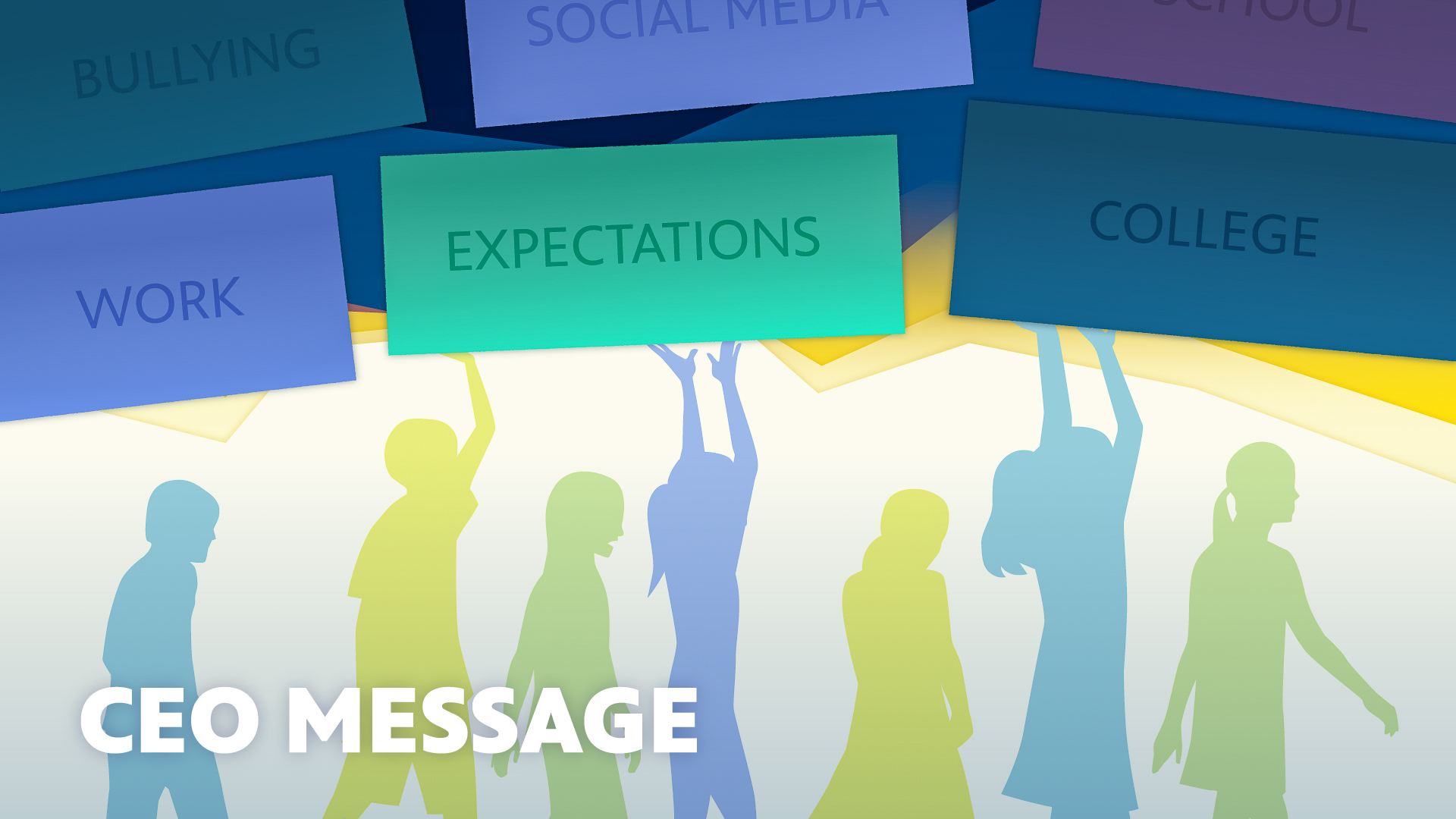The PBS Hawaiʻi Livestream is now available!
PBS Hawaiʻi Live TVCEO MESSAGE
Many of us are guilty of carelessly being insensitive to a friend in need. I can think of a few heartless comments that I recently blurted out, only to feel like a moron the moment the words left my mouth.
Most of us feel remorse when we realize someone asking for help was on the receiving end of our crass and inconsiderate comments. Then there are those who simply lack empathy or understanding, which can lead to fear, stigma and discrimination. Prejudice against people with mental illness can be subtle or painfully obvious, and it is always harmful.
May is Mental Health Awareness Month and PBS Hawai‘i is committed to being a vehicle for positive discussion about the issue and the source of meaningful and engaging storytelling. Many of our local programs throughout the month will focus on this issue.
Mental health is, arguably, equally as important as all other aspects of health. Some experts argue that it is the most important part of overall health. Yet, it is the most mischaracterized and neglected. This is especially true for young people.
Hawai‘i’s youth, like their peers across the country, are experiencing a mental health crisis. Bullying, depression, isolation and poverty are not new problems but they can be heightened, particularly through social media.
Youth mental health has always been a topic explored by HIKI NŌ on PBS Hawai‘i students in their stories. The onset of the COVID-19 pandemic in March of 2020 launched a new genre of HIKI NŌ storytelling – the Student Reflection – that focuses on the interior world of the student correspondent.
On May 4, Mental Health America of Hawai‘i (MHAH) will present three HIKI NŌ on PBS Hawai‘i students and two HIKI NŌ schools with Student Voice Awards at its annual event. MHAH recognized that first-person reporting on mental health is a powerful tool for removing the stigma of mental health challenges and taking this once taboo subject out of the darkness and into the public forum for constructive discussion and proactive dialogue. See the awarded stories May 30 on HIKI NŌ on PBS Hawai‘i.
Also, on May 4 at 7:30 pm, Insights on PBS Hawai‘i will feature a live discussion about the mental health of Hawai‘i’s youth including the limited resources available to combat reports of rising rates of suicide and self-harm.
Life-changing decisions that weigh heavily on a young person’s future path also create stress, which affects mental health. This includes deciding what to do after high school. Is it better to go to college or go straight into the workforce? On May 25 at 7:30 pm, PBS Hawai‘i will present KĀKOU: Hawai‘i’s Town Hall, Should I Stay or Should I Go?
Sadly, more than half of people with mental illness do not receive help for their disorders. Often, people avoid or are reluctant to seek treatment because of public stigma, bullying and shame, some worry about social isolation, retaliation and thoughts of losing their jobs and livelihood.
Are we paying attention? As with any health issue, prevention is key, followed by quick action when a problem surfaces. A first step in addressing these issues is to talk about them, openly and with an eye on finding solutions. Research shows knowing or having contact with someone with mental illness is one of the best ways to reduce stigma. Individuals speaking out and sharing their stories can have a positive impact.
PBS Hawai‘i is speaking out against stigma. We hope you will too.
With gratitude and appreciation,

Ron Mizutani and the entire PBS Hawai‘i family

